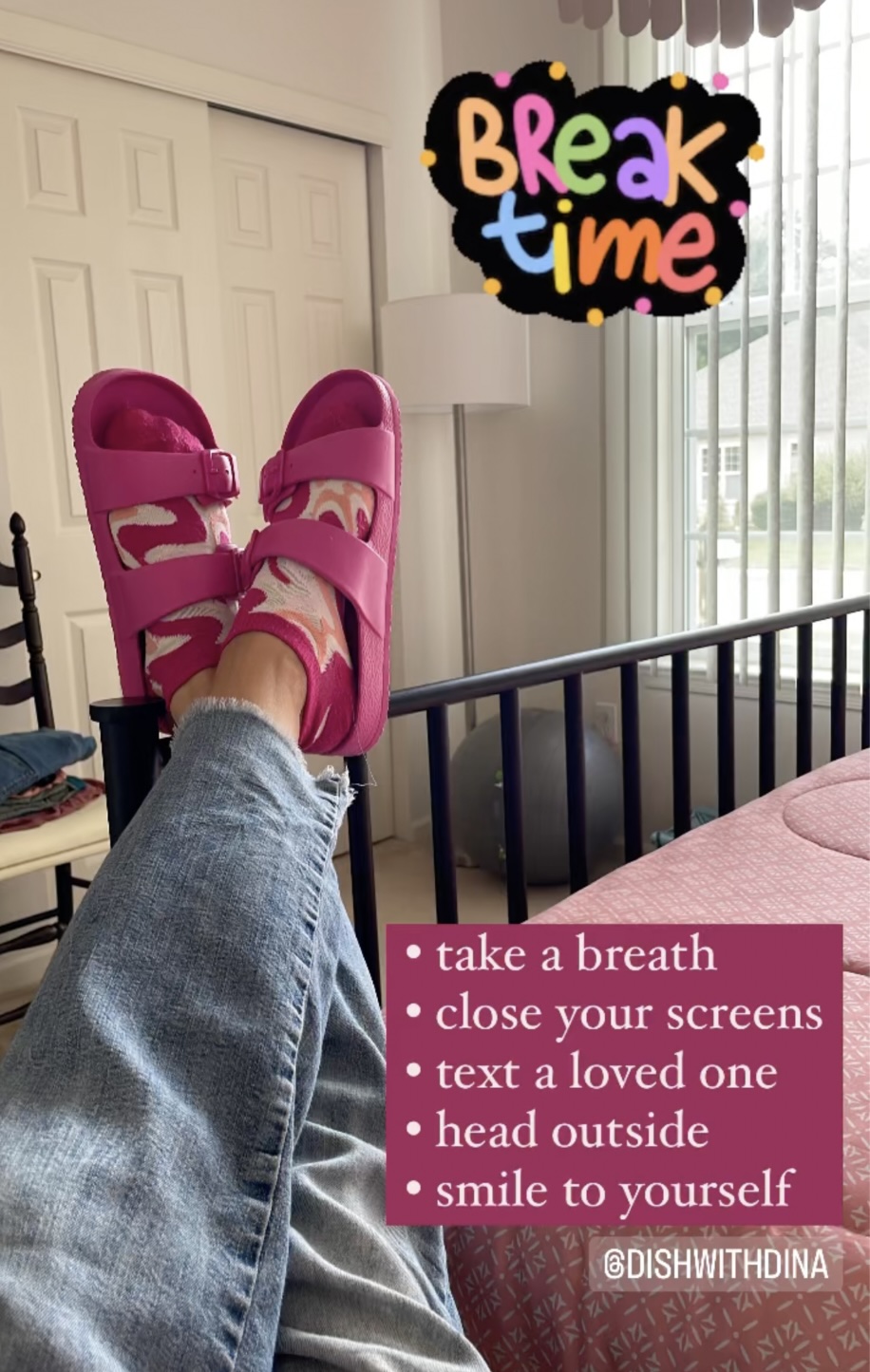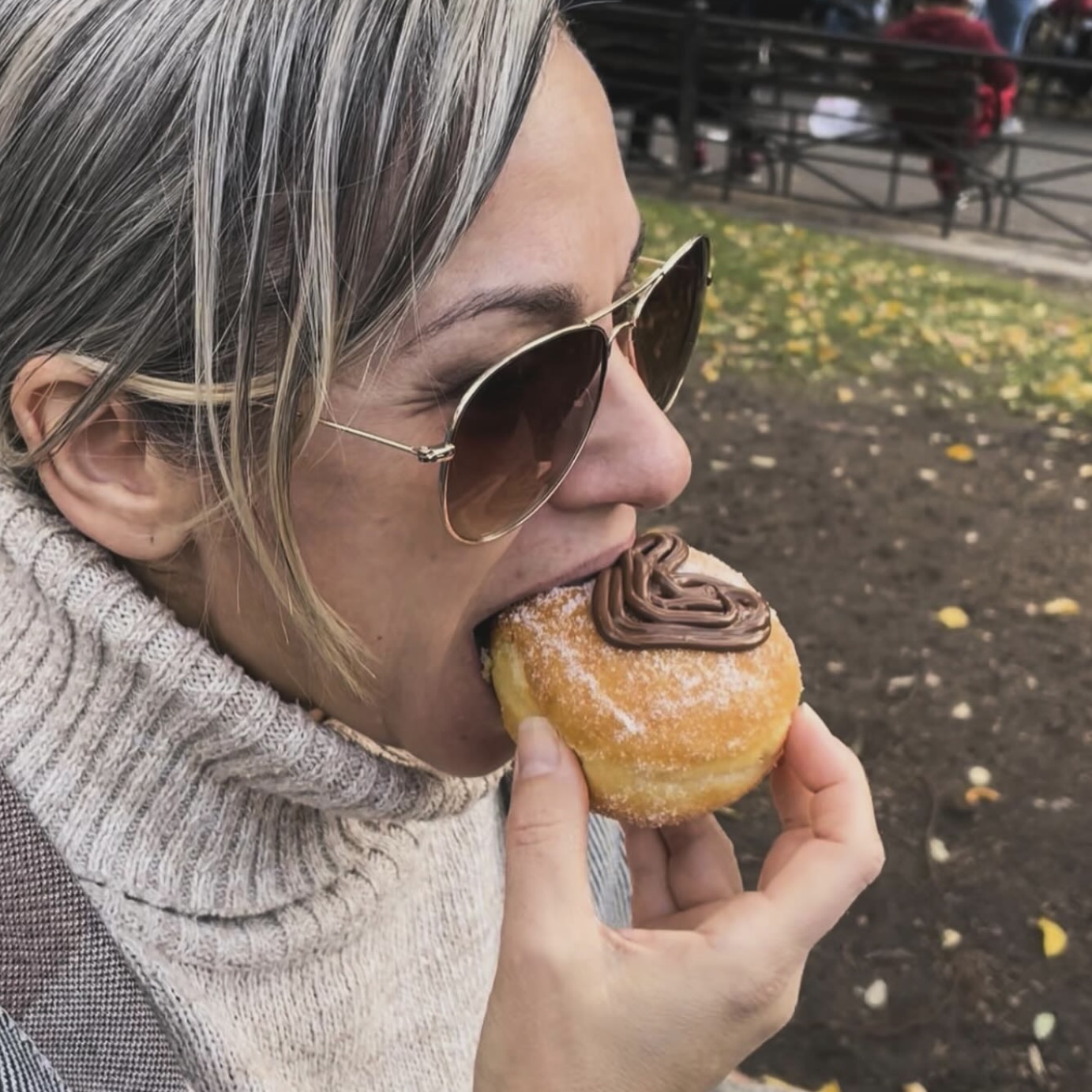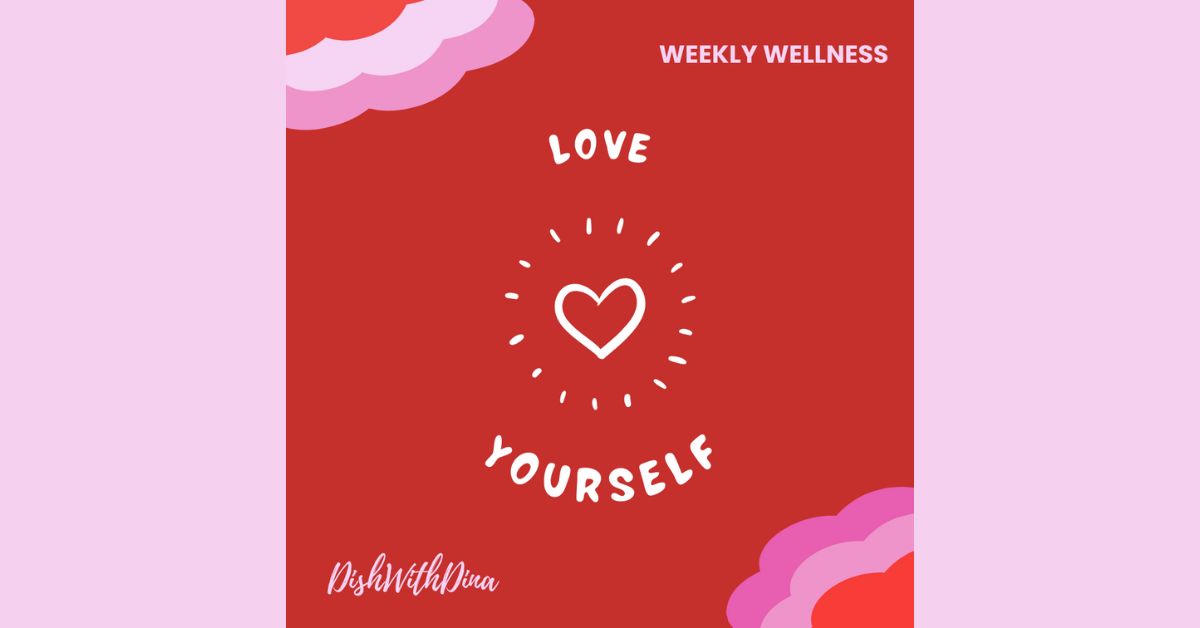Continue to celebrate Valentine’s Day by showering yourself with love and care. Make each day all about nurturing your relationship with yourself.
How do you love yourself? It’s time to count the ways. February is Heart Health Awareness Month and we are continuing our exploration of heart health by delving into the profound journey of self-love.
First, let’s acknowledge our privilege if we are fortunate to have the opportunity to prioritize our well-being when others may not have the same luxury. Self-care doesn’t always require significant time or expense, and it can take various forms; however, some self-care practices may be inaccessible to others due to socio-economic factors [1]. If you have the means, consider encouraging and advocating for others by organizing and supporting selfless acts.
Now, let’s channel that gratitude into actions that honor and respect our bodies, minds, and spirits.
The Science of Self-Care
Research reveals that engaging in self-care activities such as exercise, mindfulness, and healthy eating significantly reduces the risk of chronic conditions like heart disease, diabetes, and depression, and practicing self-compassion and self-acceptance leads to lower stress, anxiety, and burnout [2]. By investing in ourselves, we pave the way for long-term health and happiness.
Stress is found to be a risk factor of heart disease. These days, there’s no shortage of pressures, whether you’re in school, dealing with family or relationship problems, or struggling with financial concerns. While physical activity is an excellent way to manage stress and healthy heart outcomes, so is self-care [3]
Have you considered going to therapy or scheduling a spa day for yourself? Maybe now is the time to put that on your calendar. Are you spending too much time indoors? Find a way to get out in the sun or fresh air on a regular basis (yes, even on chilly days like what we’ve been currently experiencing in the northeast). Has it been too long since you’ve checked in with friends or loved ones? Shoot a text to someone right now telling them they’re in your thoughts or allow yourself to be vulnerable with, “I’m struggling. Maybe you are, too?”
Remember the adage that you can’t pour from an empty cup. Taking care of yourself is not a luxury; it’s a responsibility. Don’t underestimate the power of sharing your self-love journey. Reach out to friends, family, or a supportive community. Sometimes, the greatest love and support come from those around us.
Overflowing Positivity and Prioritizing Personal Needs
When we fill our own cups with love, kindness, and compassion, we naturally overflow with positivity that spills into the lives of those around us. By nurturing our well-being, we become better equipped to uplift and support others.
This can be easier said than done. Balancing personal and professional responsibilities while prioritizing mental and physical health, especially in the face of a chronic condition, requires intentional self-care strategies [4]. Embrace small, consistent actions like mindful breathing exercises, short breaks for stretching, or engaging in activities that bring joy.
It’s vital to communicate boundaries with others and learn to say no when necessary. Delegate tasks when possible, seeking support from friends, family, or colleagues. Regular check-ins with healthcare professionals help manage chronic conditions effectively. Additionally, consider adopting stress-management techniques such as meditation, journaling, or pursuing hobbies that promote relaxation.

If you’re struggling, refer to the below:
- Acknowledge the Challenge: Recognize that neglecting personal hygiene, such as brushing teeth or showering, can happen during busy schedules or periods of mental health challenges. It’s crucial to understand the impact on overall well-being.
- Set Realistic Goals: Break down hygiene routines into manageable steps. Setting small, achievable goals can make the process less overwhelming. For example, commit to a brief daily shower or brushing teeth twice a day.
- Establish Routines: Develop consistent daily routines. The power of routines provides stability, even in hectic schedules or mental health struggles. Incorporating hygiene practices into these routines fosters regularity.
- Self-Compassion: Understand that everyone faces challenges in maintaining routines. Be compassionate with oneself during busy times or mental health dips. Self-forgiveness is essential for progress.
- Use Reminder Systems: Leverage technology or physical reminders to prompt hygiene activities. Set alarms, use apps, or place notes in visible locations to nudge you towards self-care.
- Seek Support: Communicate with friends, family, or mental health professionals about your struggles. Having a support system can provide encouragement and accountability.
Remember that self-prioritization is an ongoing process. Adjustments may be needed as circumstances change. By consistently investing in self-care, individuals can fill their cups with resilience, making them better equipped to navigate life’s challenges and positively impact the well-being of those around them.
By modeling healthy behaviors and boundaries, you empower others to do the same. Let go of any guilt or shame—taking care of yourself is not selfish; it’s leading by example.
Daily Rituals for Self-Love
In the days and weeks ahead, commit to incorporating a regular self-love ritual into your routine. Whether it’s morning affirmations, a peaceful walk, a nourishing meal, or a relaxing nap, prioritize what fills your cup.

Consider including one or many of the following in your upcoming routines:
- Practice gratitude for three things related to your body or health.
- Share a personal achievement, big or small.
- Share a creative expression of self-love, whether through art, writing, or any other form.
- Cook or choose a meal that makes you feel good physically and emotionally.
- Identify one boundary to set for self-care.
- Reflect on personal growth or positive changes. Encourage followers to celebrate their progress.
- Engage in a form of exercise you genuinely enjoy.
- Challenge yourself, your social media followers, your family, and/or your friends to share a daily self-love affirmation throughout the week.
- Take a break from social media for a specific period.
- Spend time outdoors, whether in a park, on a beach, or in a small community garden.

- Try a short mindfulness or meditation session.
- Make time for a bath, skincare routine, or another relaxing activity.
- Read a book, listen to a podcast, or watch a video that promotes self-love and positivity.
Gratitude, Reflection, and Intentions
Pause each day to express gratitude for your body, mind, and any of the blessings in your life. Cultivating an attitude of gratitude can work wonders for overall well-being.
Start a gratitude journal, but also reflect on what self-love means to you. While you’re at it, set intentions for the week ahead—write them down, say them out loud, and let them guide your actions as you navigate your busy work and home schedules.
Say Yes to Joy
Learn to say no to things that drain your energy and yes to activities that bring joy and fulfillment. You are worthy of love, compassion, and everything life has to offer.
Loving yourself and eating “healthy” are interconnected in several ways, and I’m purposely putting healthy in quotation marks because, while eating nutritious food is fundamental for our body to function, it’s important not to obsess too much about this when you’re needing to nourish your soul more than body at certain times. If you have access to sweet—or savory—indulgences, enjoy them without guilt [5].

Unsure how to love yourself? Book a call with me and let’s figure out a plan of action together!
References
- https://www.ncbi.nlm.nih.gov/pmc/articles/PMC7452072/
- https://www.ncbi.nlm.nih.gov/pmc/articles/PMC10176046/
- https://www.ncbi.nlm.nih.gov/pmc/articles/PMC7556555/
- https://onechangegroup.org/the-power-of-routines-4-ways-establishing-consistency-supports-mental-health/
- https://www.ncbi.nlm.nih.gov/pmc/articles/PMC8625178/



0 Comments